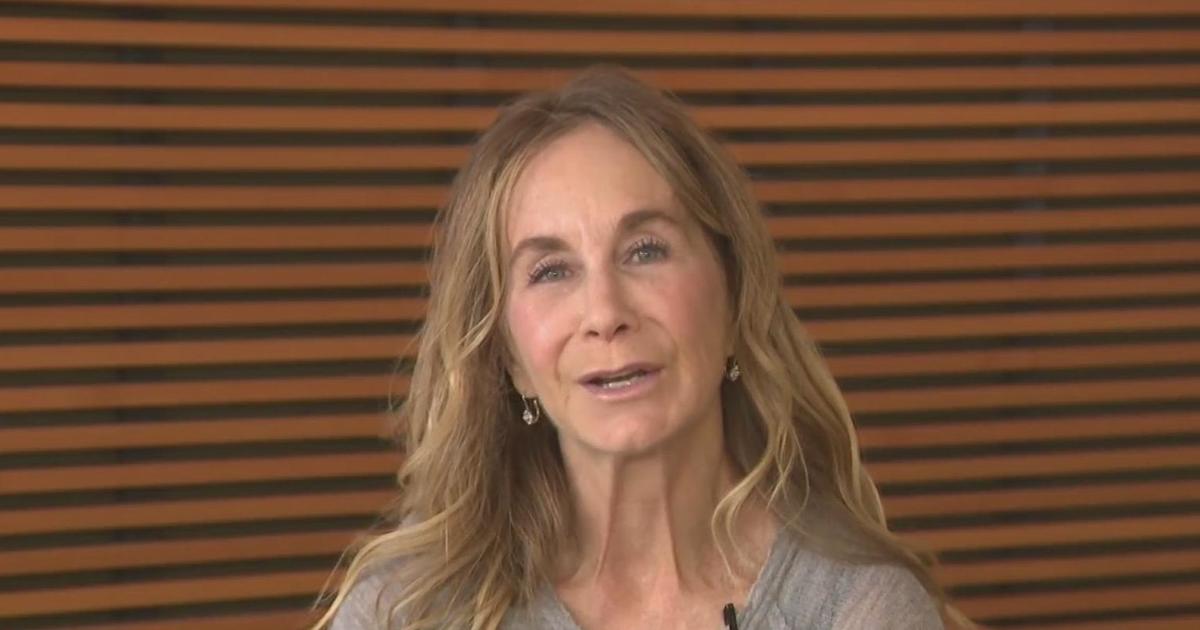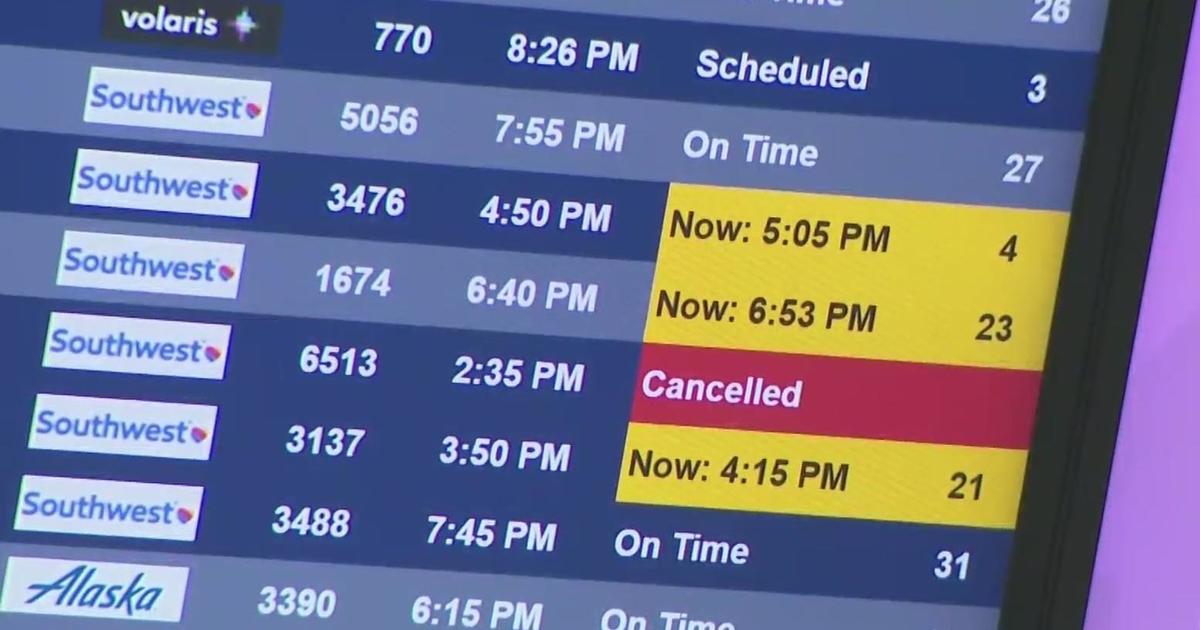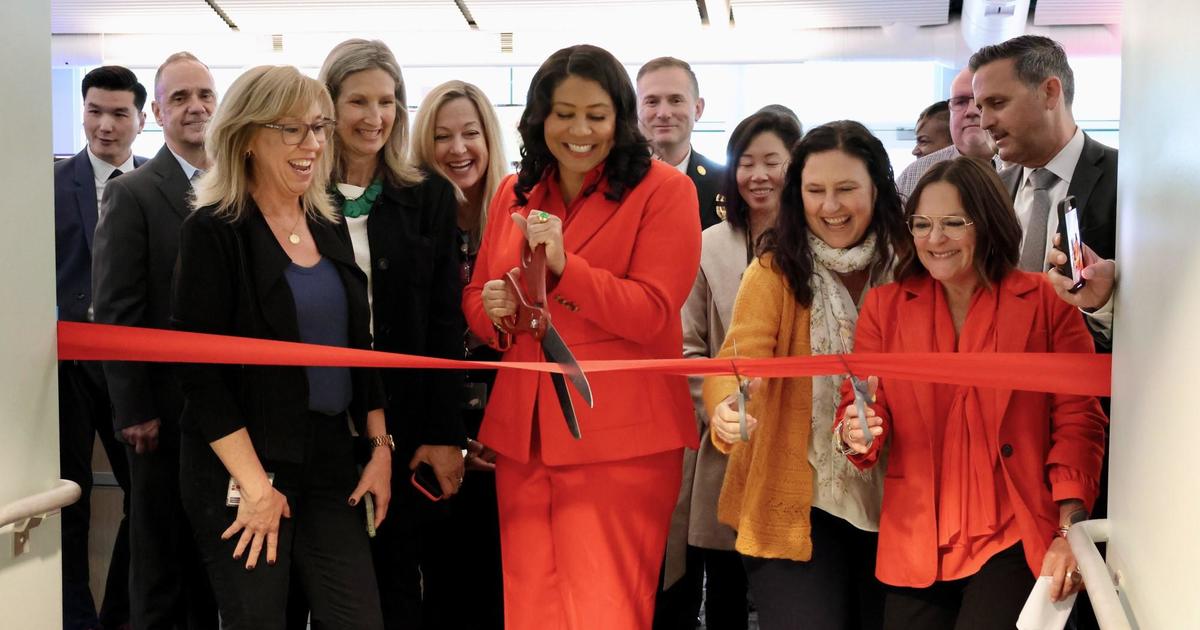Motion Sickness May Impact 6-12 Percent Of Riders In Self-Driving Cars, Study Finds
(CBS SF) – As Silicon Valley tech giants and major automakers push forward on automated vehicle technology, a new study finds some people could experience significant motion sickness in the advanced cars.
A new study from the University of Michigan Transportation Research Institute finds about 6-12 percent of Americans could suffer moderate to extreme motion sickness when riding in a self-driving car.
"Motion sickness is expected to be more of an issue in self-driving vehicles than in conventional vehicles," said Michael Sivak, a co-author of the study said in a university statement.
Sivak said main factors behind motion sickness, such as lack of control over where the car is going, are elevated in self-driving cars.
The researchers also found many would-be passengers in a self-driving car would perform activities that increase the likelihood of motion sickness, including reading, watching movies or playing games.
The researchers suggest manufacturers make design changes, such as incorporating large windows, transparent displays and fully reclining seats.
The field of self-driving vehicles has advanced rapidly in recent years. Earlier this month, an autonomous vehicle from Delphi completed a 3,500 mile trip from the Golden Gate Bridge in San Francisco to New York City.
Google, which has tested self-driving cars for years, anticipates passengers testing their cars sometime in 2015. Other Silicon Valley companies such as Apple, Tesla and Uber are reportedly working on driverless car technology.



